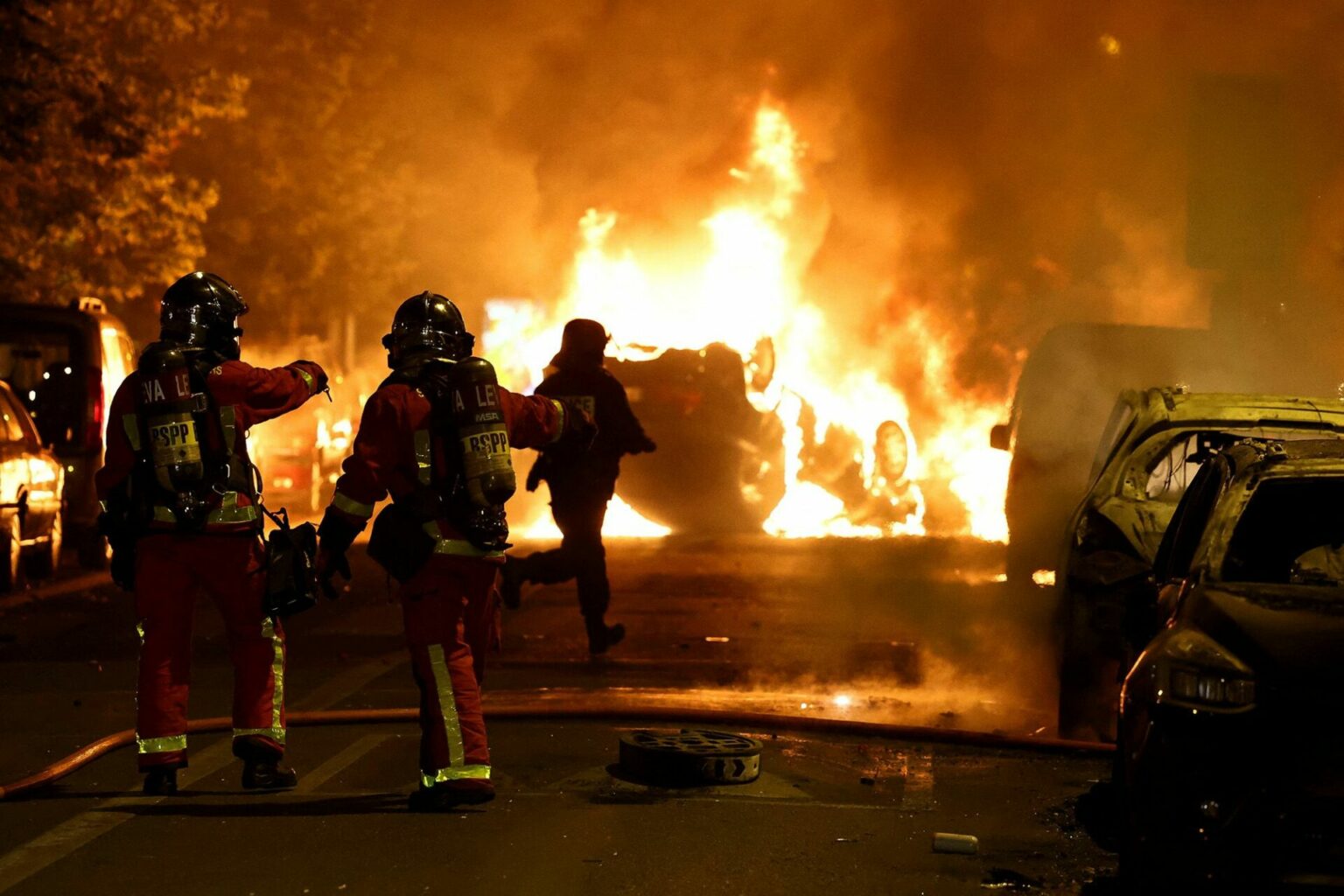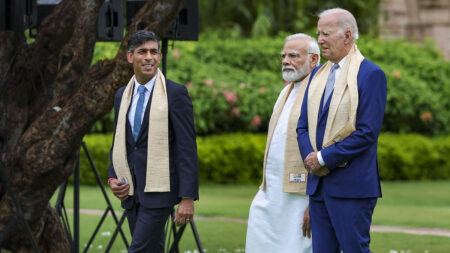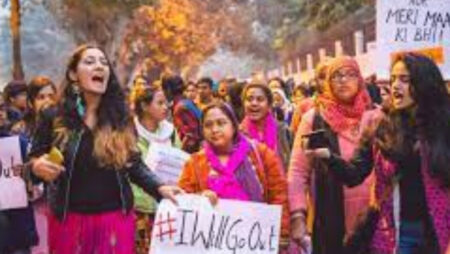Riots continued to break out in France as family and friends of 17-year-old Nahel M. gathered in Nanterre, Western Paris to bury the body, whose unarbitrary shooting by the police has sparked unrest across the nation. Rituals to bid farewell began yesterday with a viewing of the open coffin. Several mourners filled with evident grief lined up to enter the grand mosque and express support for the family.
Why the People are Protesting:
Nahel, a teenager of Moroccan and Algerian descent was shot during a traffic stop last Tuesday. Caught on video, it has reignited long-established complaints by poor and racially mixed urban communities of authority violence and racism. Calls for police accountability have been echoing in France for quite some time now. The officer tried justifying his actions saying he feared the teen would run someone over with the car. Macron has decided such allegations about French law enforcement agencies.
The police officer who prosecutors say acknowledged firing a lethal shot, is in preventive custody under formal investigation for voluntary homicide, equivalent to being charged under Anglo-Saxon jurisdictions. Stores have been robbed, and looting has spread throughout the country, including to important towns like Marseille, Toulouse, Lille, and Lyon. Interior Minister Gerald Darmanin has reported that more than 200 cops. Over 2,000 people have been arrested by the end of the fourth night of rioting and the average age of the detainees is 17.
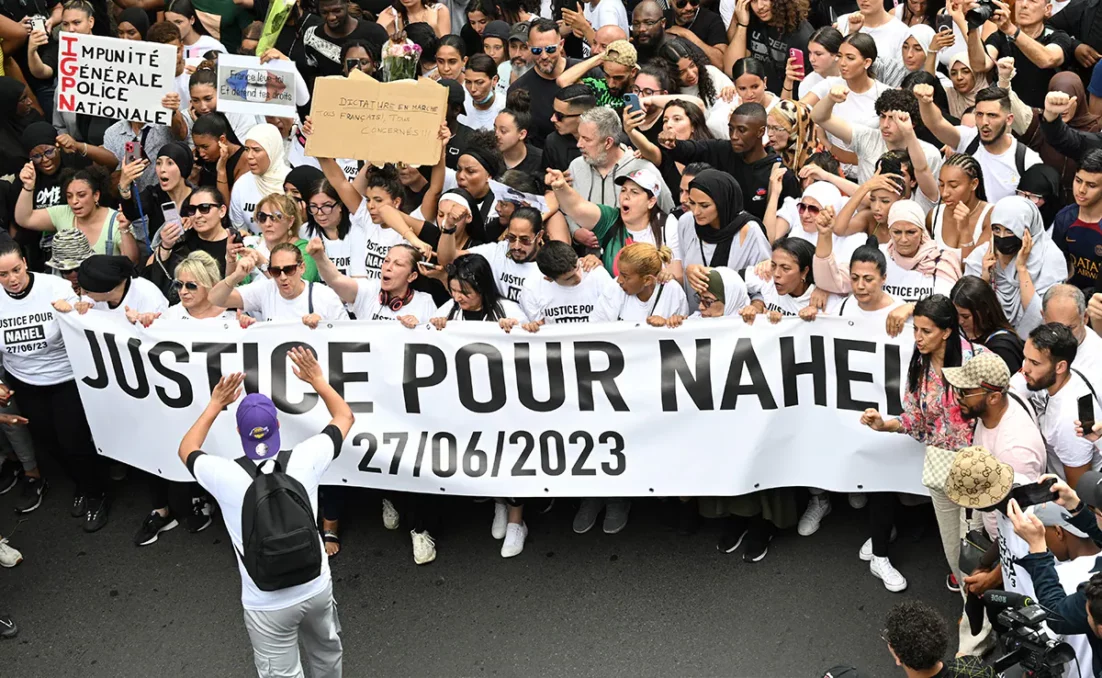
In the event of the ever-rising calamity gripping France, where hundreds of arrests and massive police deployments have failed to put a stop to racial injustice, President Emmanuel Macron has held off on declaring an Emergency, an option that was used back in 2005 when similar circumstances prevailed. Accusations of the government being disconnected from the reality of the common people continue to surface.
Police Response:
The government garrisoned 45,000 police officers and many armoured vehicles to tackle the worst crisis since the “Yellow Vest” protests which brought France to a standstill in 2018. The high-visibility jackets that protestors have adopted as a symbol of their grievance gave the movement its name. Protests against increases in vehicle fuel costs were spontaneously organised, with participants wearing the bright safety vests that French law mandates all drivers wear. Local officials have been asked to halt trams and buses and parents have been urged to keep children at home. Additional powers have been granted to cops to restore order and make arrests.
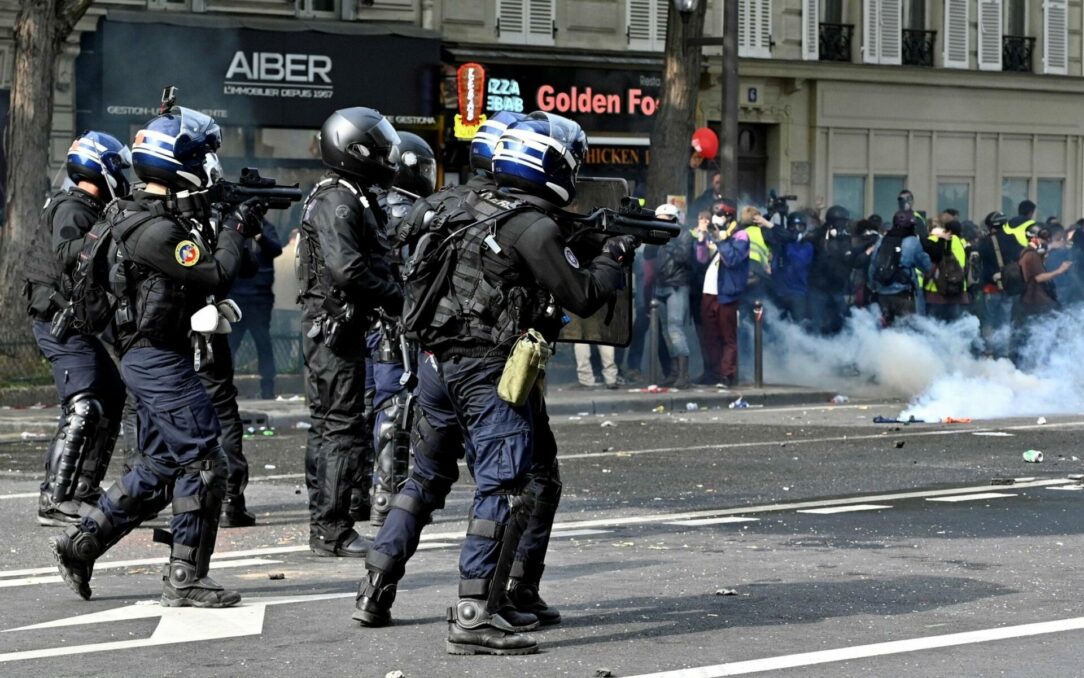
The riots have taken control of overseas French territories, where violent denominations have broken out. A guy was killed in Cayenne, the capital of French Guiana, by a stray bullet. In the French territories in the Indian Ocean, at least 28 people have been detained in connection.
How this affects Macron:
A clear sign of the gravity of the situation sprung up when President Macron postponed a state visit to Germany due to the turmoil. In twenty-three years, this would have been the first official state visit to Germany by a head of state from France. Previously, King Charles III had cancelled his first foreign visit as the UK monarch because of protests over his pension reform plans.
Images of gun shops ransacked and burning vehicles across France risk hurting Macron’s international standing at a time he wants to play an instrumental role in ending the Russia-Ukraine war and be seen as Europe’s number one powerbroker. This is bad news for him who had been hoping for a smooth ride into the summer to re-energise the government and move on from the pension crisis.
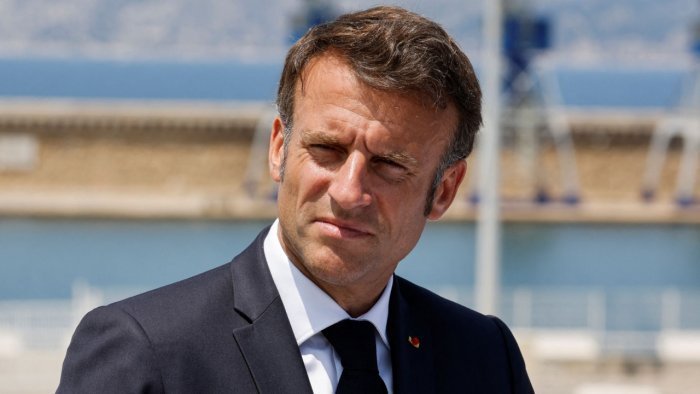
The French government has long practised universalism, downplaying or even denying the existence of racial or ethnic differences in favour of emphasising equality and citizenship. The murder of Nahel has drawn attention to the pervasive problems of poverty, prejudice, unemployment, and a lack of opportunity that still exist in neighbourhoods throughout France, particularly in regions where many citizens have ancestors who once lived in French colonies. The question we should think about is how many people need to give up their lives before the police start being held accountable and the realisation of wrongdoing sets in.







